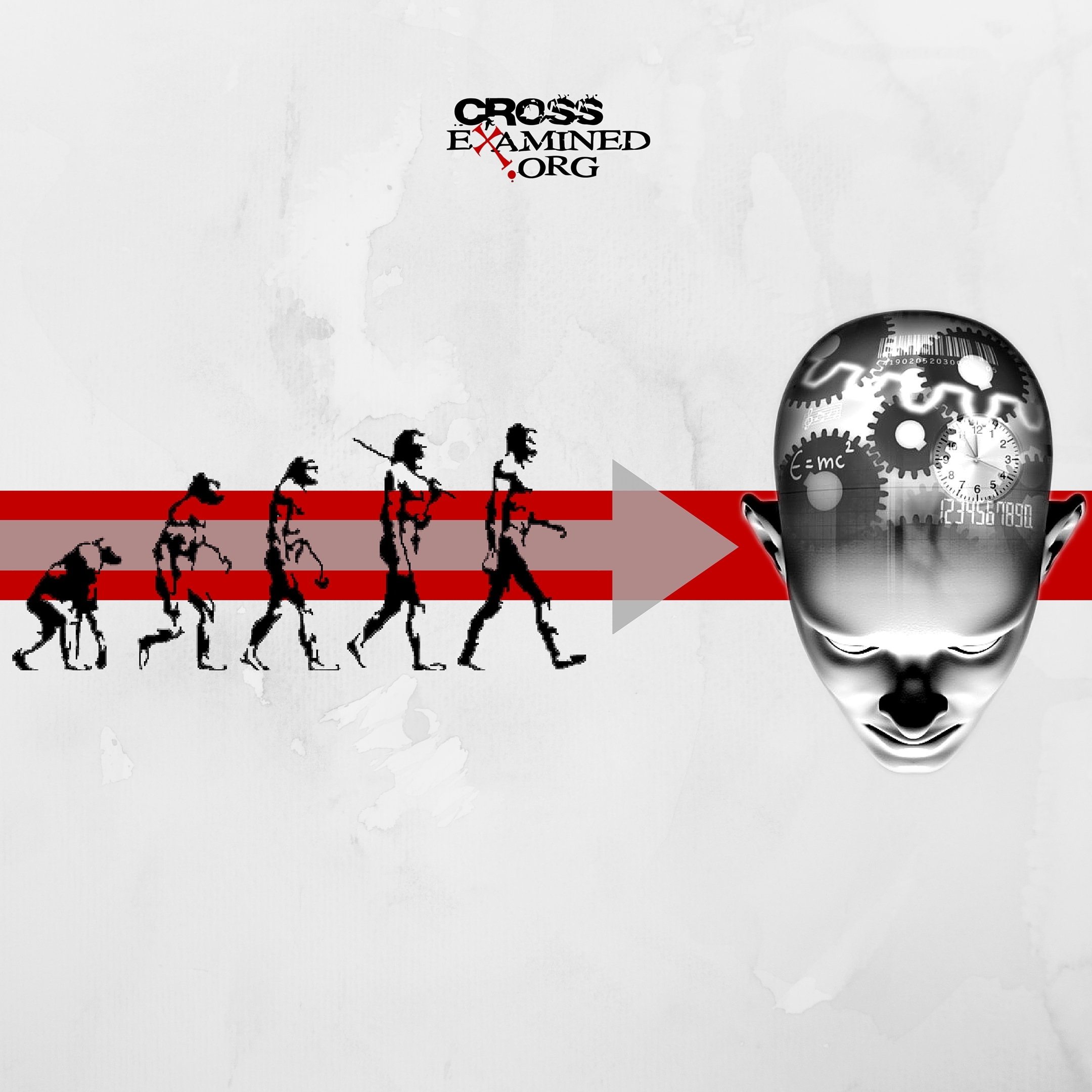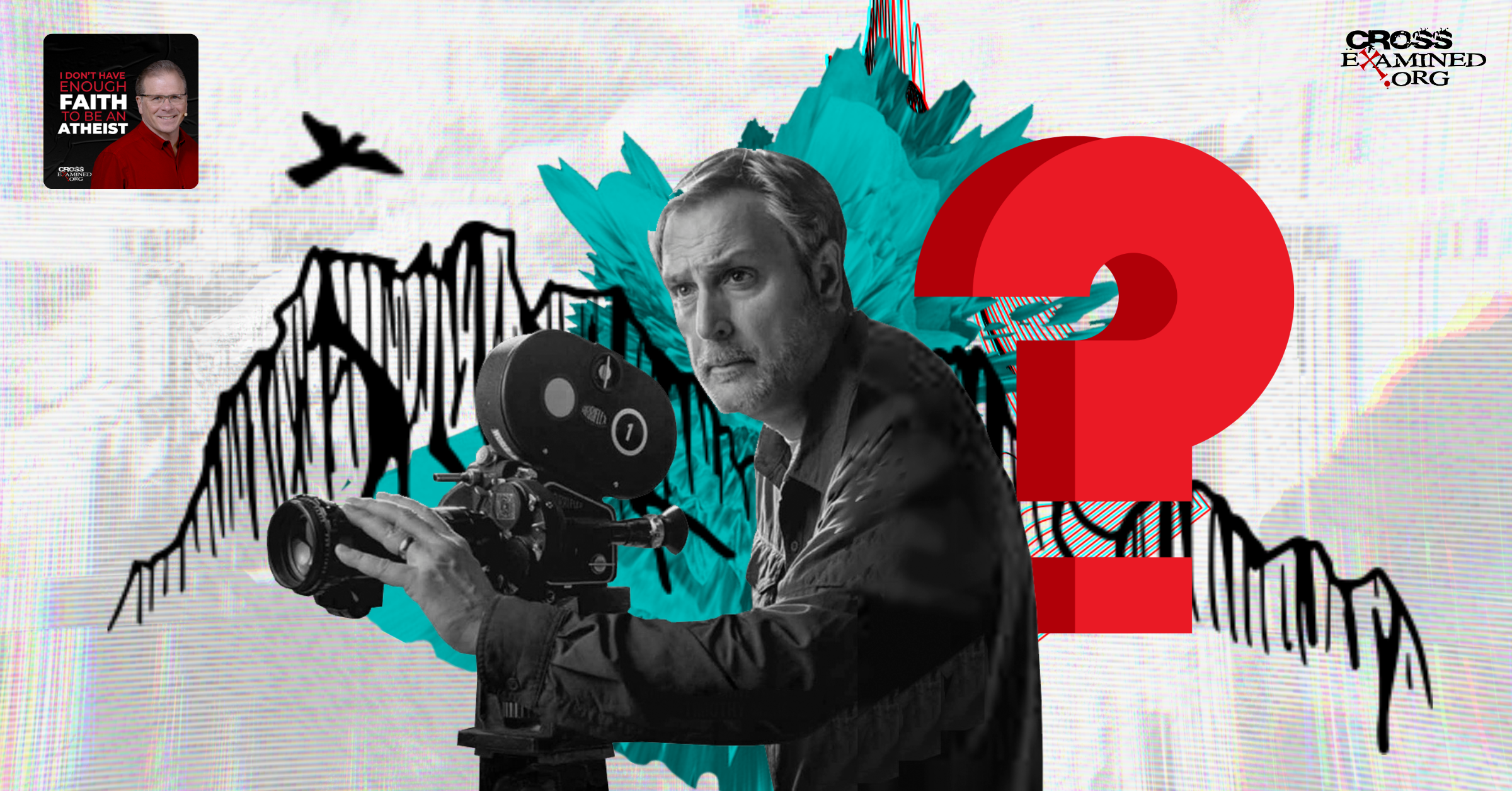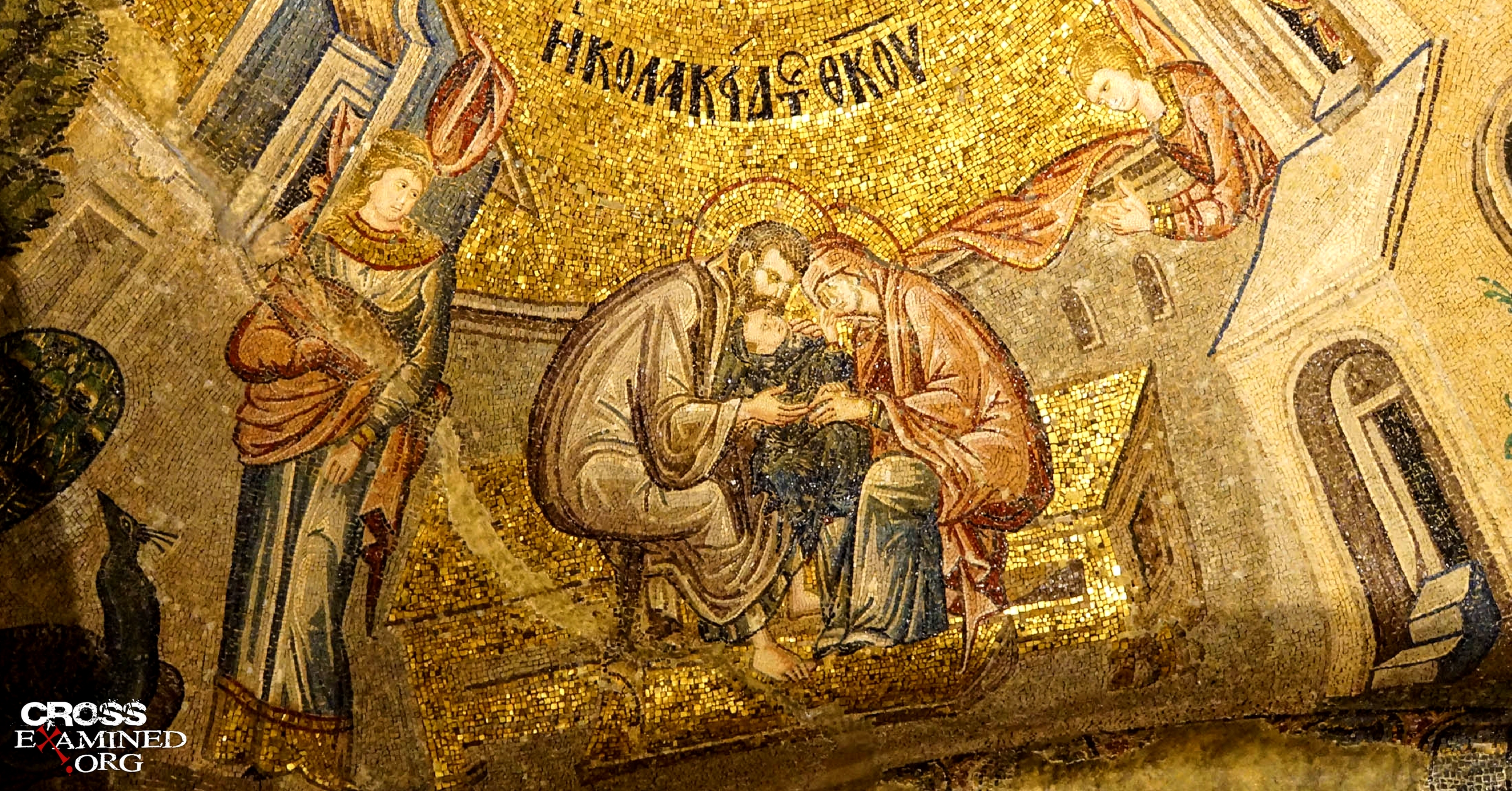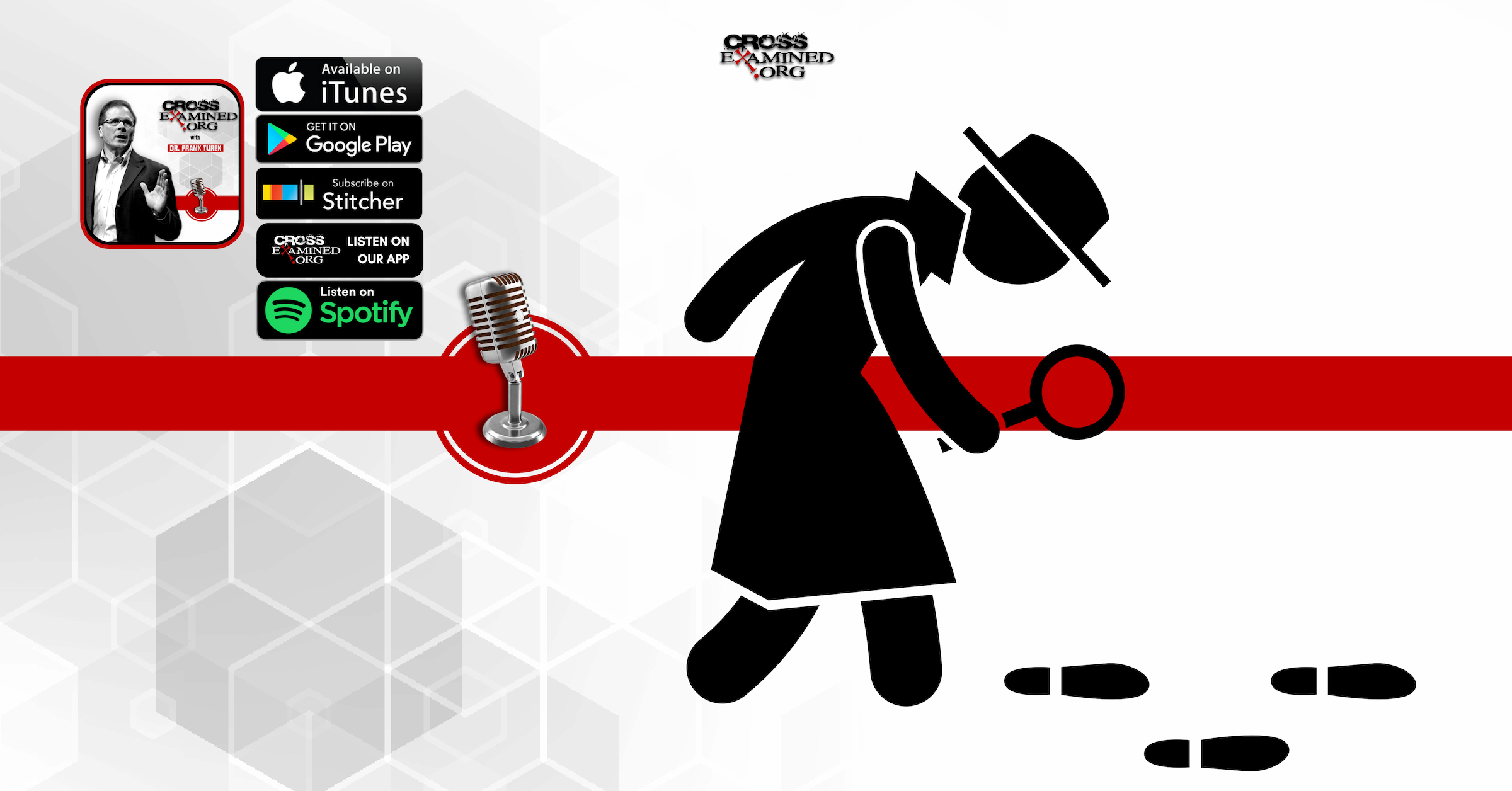Can Evolution Account for Rationality?
By Tim Stratton
The topic of my master’s thesis while at Biola University focused on what it means to genuinely be a “freethinker.” This argument — called the Freethinking Argument Against Naturalism — deductively proves that not only does libertarian free will exist, but so does the human soul. If the human soul exists, then the worldview of naturalism goes down the drain.
This has led many who hold a blind faith in naturalism to bend over backwards attempting to refute my argument that concludes their faith is faulty. Some attempt to counter my case by stating evolutionary theory can account for rationality. Can evolution refute the Freethinking Argument? No. The only way evolution could account for rationality is if it could account for libertarian free will (as I explained here). But, the reason most naturalistic scientists reject the notion of libertarian free will is because if all that exists is nature, then everything is determined by the laws of nature.
The well-known atheist, Daniel Dennett, on the other hand, has tried to make a case that “freedom evolves.”[1] However, we must recognize that this “freedom” Dennett argues for is not the same kind of freedom I discuss in my Freethinking Argument. It is not genuine libertarian free will; rather, he argues for compatibilism, which is simply faux determinism “covered with frosting!” The famous atheist and evolutionary biologist, Jerry Coyne, has realized Dennett’s mistakes and has forcefully disagreed with him:
Where does Dennett find freedom in a determined world? As his title implies, in evolution. . . . Even though evolution tells us why we make certain “choices,” they still are not choices in the classical free-will sense: situations in which we could have decided otherwise. . . . In the end, I saw (Dennett’s) argument as a type of philosophical prestidigitation, in which our intuitive notion of free will had suddenly been replaced by something that, at first, sounded good, but ultimately didn’t comport with how we see “free” choice. I felt as though I’d been presented with a cake, only to find that it was hollow in the middle, like a hatbox covered with frosting. . . . I see free will as the way most of us conceive of it: a situation in which one could have made more than one choice. If that’s how you see it, and you’re a determinist—which I think you pretty much have to be if you accept science—then you’re doomed. You’re left with the task of defining free will in some other way that comports with determinism. . . . we aren’t really responsible for anything we do.[2]
Coyne appears correct: if naturalism is true, we are simply not responsible for anything we do. It logically follows that we would not even be responsible for any of our thoughts and beliefs. However, this also means that Coyne was not responsible for his beliefs that he was forced to state in response to Dennett. Similarly, Coyne should not be aggravated at Dennett’s argument, because he could not help thinking about or writing it in a determined world. It simply was not his fault.[3]
The FreeThinking Theist,
Tim Stratton
For more articles like: Can Evolution Account for Rationality? visit Tim’s site at FreeThinkingMinistries.com
NOTES
[1] Daniel C. Dennett, “Freedom Evolves” Penguin Books, London England, 2003
[2] Jerry Coyne, “Did Freedom Evolve?” http://whyevolutionistrue.wordpress.com/2010/08/31/did-freedom-evolve/ (Accessed 8-30-14)
[3] Peter van Inwagen logically demonstrates that there is nothing “free” about compatibilism via his “Consequence Argument.” An Essay on Free Will(Oxford: Oxford University Press, 1983), 16.
Rule Alpha: There is nothing anyone can do to change what must be the case (or what is necessarily so).
Rule Beta: If there is nothing anyone can do to change X, and nothing anyone can do to change the fact that Y is a necessary consequence of X, then there is nothing anyone can do to change Y either.












Leave a Reply
Want to join the discussion?Feel free to contribute!